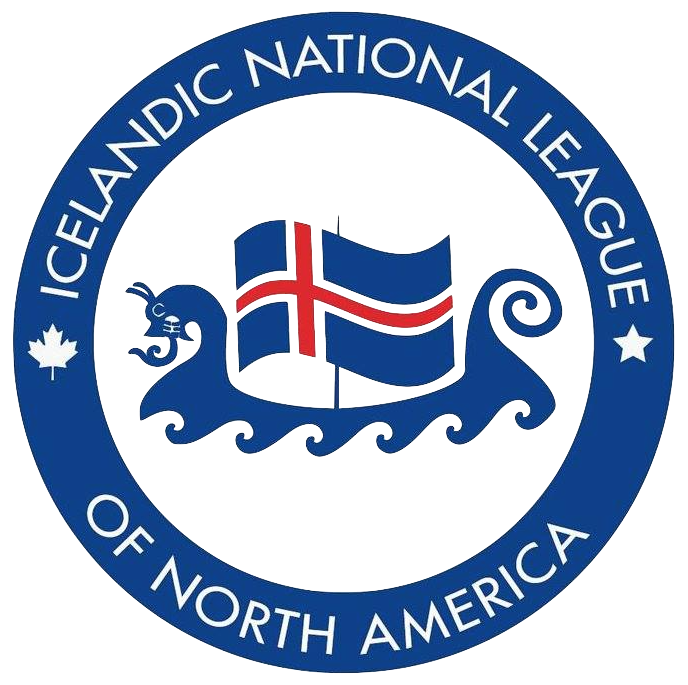Iceland is a country with a unique and fascinating sporting culture, shaped by its rugged landscapes, harsh climate, and long history. In this guide, we'll take a closer look at the most popular sports in Iceland and some lesser-known ones that are equally exciting.
Football (Soccer)
Football, or soccer as it is known in some countries, is by far the most popular sport in Iceland. The country has a long and rich football tradition, dating back to the late 19th century when the first football clubs were established. Today, football is played at all levels in Iceland, from amateur leagues to professional teams.
The Icelandic national football team, known as Strákarnir okkar (Our Boys), has made great strides in recent years. In 2016, they reached the quarterfinals of the UEFA European Championships, beating some of Europe's top teams along the way. This was a remarkable achievement for a country with a population of just over 350,000 people.
Football is also popular among Icelandic youth, with many schools and clubs offering training and opportunities for young players. The sport is a great way to stay fit, improve coordination and teamwork skills, and have fun.
Handball
Handball is another popular sport in Iceland, particularly for women. The Icelandic national women's handball team, known as Stelpurnar okkar (Our Girls), has won several medals in international competitions, including silver at the 2008 Beijing Olympics.
Handball is a fast-paced, physical sport that requires quick reflexes, agility, and teamwork. The sport is played on an indoor court, with two teams of seven players trying to score goals by throwing a small ball into the opposing team's net. Handball is a great way to stay fit and active and a fun and social activity.
Horse Riding
Horse riding is a unique and popular sport in Iceland, with a long history dating back to the Viking era. Icelandic horses are renowned for their strength, stamina, and sure-footedness, making them the perfect companion for exploring the rugged Icelandic countryside.
There are many opportunities for horse riding in Iceland, whether you're an experienced rider or a beginner. You can take guided tours through the countryside, ride through the mountains, or even participate in multi-day treks. Horse riding is a great way to experience Iceland's natural beauty and get some exercise at the same time.
Crossfit
Crossfit is a relatively new sport in Iceland, but it has gained a passionate following recently. Iceland has produced several world-class Crossfit athletes, including two-time Crossfit Games champion Katrín Davíðsdóttir.
Crossfit is a high-intensity fitness program combining weightlifting, gymnastics, and endurance training elements. Crossfit aims to improve overall fitness, including strength, endurance, flexibility, and coordination. Crossfit is a great way to challenge yourself, improve your fitness, and meet new people.
Glíma
Glíma is a traditional Icelandic wrestling-style sport that has been practiced for centuries. It's a sport that emphasizes technique and balance, rather than brute strength, and is often compared to judo or sumo wrestling.
Glíma is a great way to learn about Icelandic culture and history, as it has been passed down from generation to generation. The sport is still practiced today, and there are several schools and clubs that offer training and opportunities for competition.
Skiing and Snowboarding
Iceland is a great destination for skiing and snowboarding enthusiasts. Although the country may not have the same level of infrastructure and facilities as some of the major skiing destinations in Europe or North America, it offers a unique and unforgettable experience.
There are several ski resorts in Iceland, including Bláfjöll and Hlíðarfjall, which offer a range of slopes for skiers and snowboarders of all levels. If you prefer backcountry skiing or snowboarding, there are also many opportunities for off-piste skiing in Iceland's mountains and glaciers.
Swimming
Swimming is a popular activity in Iceland, thanks in part to the country's abundance of natural geothermal hot springs and pools. Swimming is a great way to relax, unwind, and enjoy Iceland's natural beauty.
One of Iceland's most famous swimming spots is the Blue Lagoon, a geothermal spa located on the Reykjanes Peninsula. The Blue Lagoon is known for its warm, milky blue waters, rich in minerals and silica, which are believed to have healing properties.
Swimming is also a popular sport in Iceland, with many pools and clubs offering training and competitions.
In conclusion, Iceland is a country with a rich and varied sporting culture, shaped by its unique landscapes and history. Whether you're interested in football, handball, horse riding, skiing, or any of the other sports mentioned above, there's something for everyone in Iceland. We hope this guide has been helpful and informative, and we wish you all the best in your sporting endeavors.

